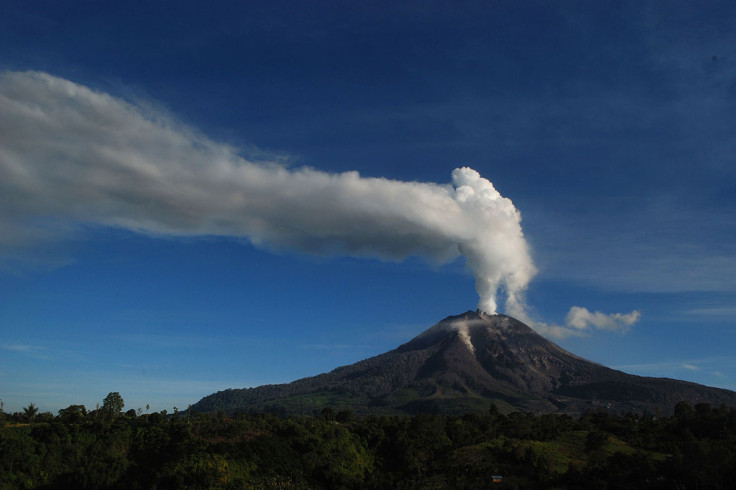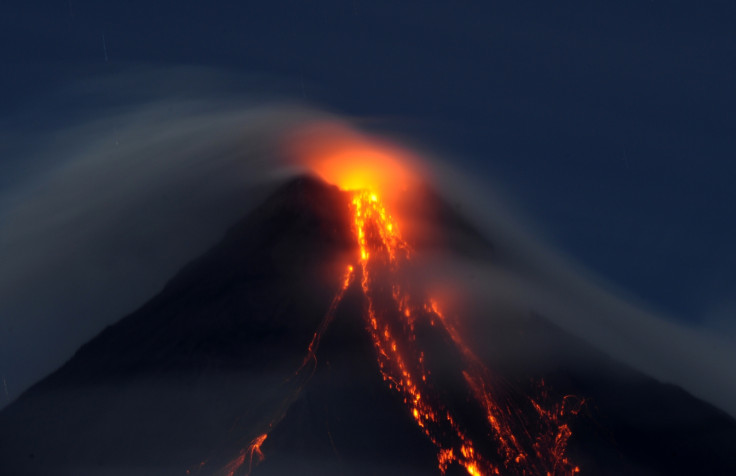Volcanic Eruptions 'Aid Slowdown in Global Warming'

Small volcanic eruptions aid the slowdown of global warming more than previously thought, scientists have discovered.
The impact of volcanoes on the atmosphere has long been known. They emit atmosphere-cooling gas into Earth's upper atmosphere – sulphuric acid produced by eruptions reflects the sunlight away from Earth, lowering global temperatures.
However, scientists had previously thought that minor eruptions do not contribute to global cooling.
Researchers from the Massachusetts Institute of Technology have now found that these small eruptions do in fact have an impact on the planet.
The study, accepted to Geophysical Research Letters, showed that minor eruptions deflected almost double the amount of solar radiation previously estimated, and have decreased global temperatures by between 0.05 and 0.012C since 2000.
Researchers say this could help to explain why global temperatures have slowed in the last 15 years – an anomaly long used by climate change sceptics to show manmade global warming is not real.

Global temperatures increased up to 1998, at which point they levelled off. Some scientists have suggested this could be due to weak solar activity or heat being absorbed by oceans.
However volcanic eruptions are not normally included in climate models, researchers said.
Lead author David Ridley said: "The prediction of global temperature from the [latest] models indicated continuing strong warming post-2000, when in reality the rate of warming has slowed."
The team looked at the area between the stratosphere and the troposphere, about 10-15km above Earth. In this area, water- vapour clouds can hamper data collection, making it difficult to measure sulphuric acid droplets.
Researchers combined ground observations with air and space-based instruments to better observe the droplets in the lower portion of the stratosphere. Findings showed volcanic eruptions reduced incoming solar power enough to lower global surface temperatures.
Alan Robock, a climatologist who was not involved in the study, said: "This is part of the story about what has been driving climate change for the past 15 years. It's the best analysis we've had of the effects of a lot of small volcanic eruptions on climate."
© Copyright IBTimes 2025. All rights reserved.






















